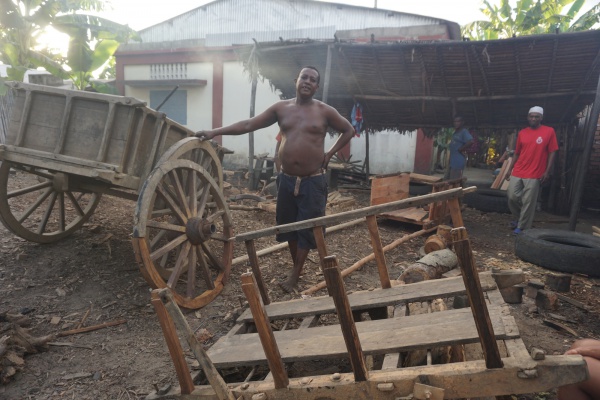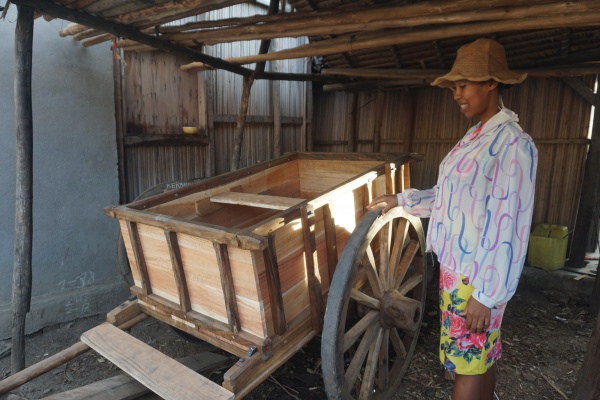Zebu cart
It's sunrise in Sambirano. A small traffic jam has evolved at the bridge crossing in Ambanja, not by cars, but by zebu carts slowly making their way across the narrow bridge. The owners and passengers of these ox-powered vehicles, mostly farmers, would have started travelling in darkness to reach the central marketplace to sell or distribute their crops by the early morning hours.
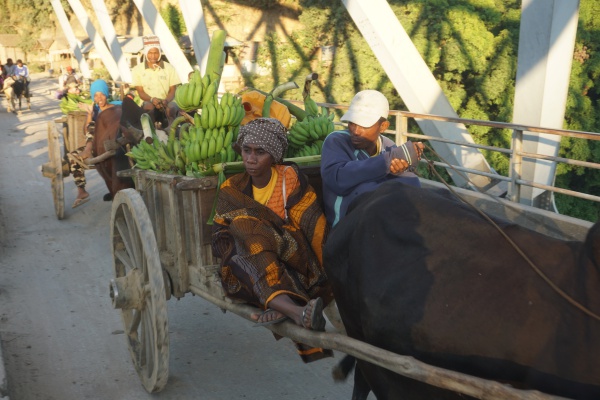
| ||
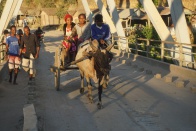
|

|

|
Zebu carts, or charrettes à zebu as they are know, are common sights in and around Ambanja, the region, and across much of the country.
Dozens of workshops in Ambanja produce zebu carts. One such workshop in the town centre is run by Mr Theodore, who with his team of six skilled carpenters builds and assembles around 50 carts per year, all manually crafted without the use of electrical power tools.
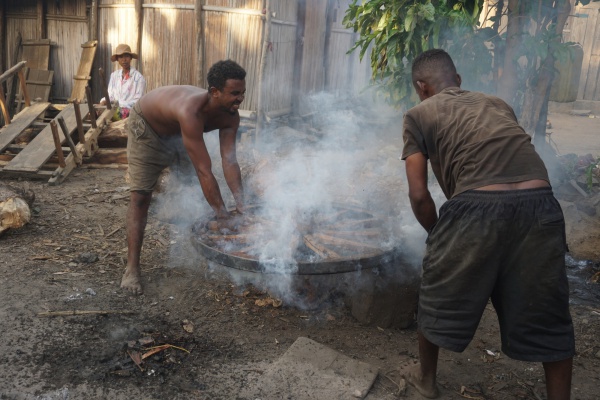
| ||
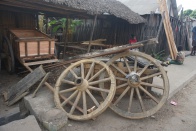
|
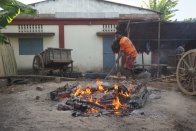
|
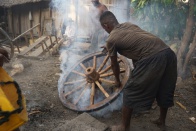
|

|
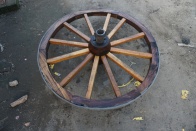
|
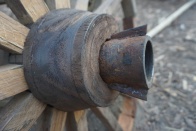
|
The design and model are always the same: A simple two-wheeler which easily attaches to one or more zebus. A cart takes about one week to make and costs 1,800,000 (USD 400).
The humble charrette remains as practical and relevant as they were hundreds of years ago in providing transport to farmers in distributing their seasonal harvests to marketplaces.
The countless farmers who maintain the tradition deserve an award for their collective contribution to keeping their carbon footprints close to zero.
Additional information
View more Zebu cart photos
